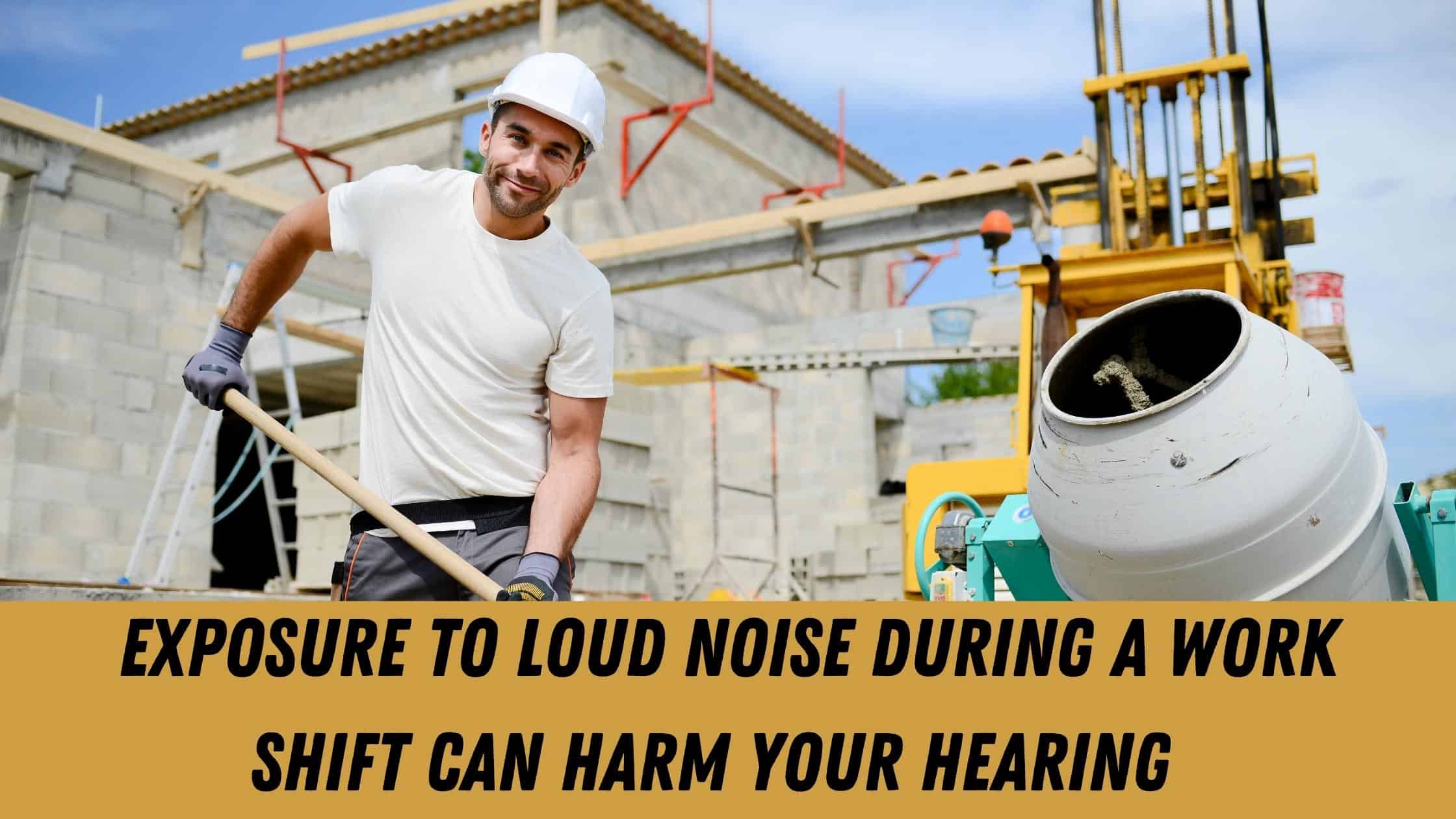
- Common Misconceptions That Delay Hearing Loss Diagnosis - June 6, 2025
- Signs Your Earwax Buildup Needs Professional Attention - May 29, 2025
- Preparing for a Hearing Test and What You Should Bring - May 16, 2025
Do you leave your home to work every day? If you are one of many millions of workers who do, it is important to be aware of the noise level in your work environment. If you work in construction or in manufacturing, it’s likely you’ve been encouraged to use hearing protection, to prevent permanent hearing damage. However, there are many sources of noise which exceed safe listening levels we may not first suspect. For instance, even a busy office full of multiple conversations and telephones ringing can add up to a dangerously high level of sound. Understanding how loud is too loud and when you may be exposed to these levels is the first step in the prevention of hearing loss at work.
Occupational Hearing Hazards
The CDC reports that roughly 22 million American workers are working in hazardously noisy conditions every year. This equals about 12% of the U.S. working population. Of the 48 million people with hearing loss the CDC estimates that nearly 24% is caused by occupational hearing loss. The main cause is exposure to loud noise for an extended duration during a work shift. Other causes of hearing loss in the workplace are attributed to head impact without proper safety equipment or ototoxic chemicals used in the workplace.
Noise Induced Hearing Loss
To understand the scope of the issue, it is important to understand how sound affects your hearing. Sound is measured in decibels (dB) and any decibel over 85dB can start to slowly damage the tiny hair-like cells of the inner ear. These cells are called stereocilia and are responsible for sending sound to the auditory cortex of the brain, where sound is processed and comprehended. It is not just the level of exposure but the length. For instance, if you are exposed to 85dB for over 8 hours, hearing damage slowly begins to incur. However, at an exposure of 88dB the same amount of damage will begin in just half the time of four hours.
Shift Work and Hearing Loss
For anyone who works in a noisy environment this should be a major point of interest, especially if you are concerned about your hearing. The average work shift is eight hours and many often work overtime to help build up savings or extra funds. It is important to be aware of the decibel level in your workplace and make sure you wear hearing protection any time you are in this noisy environment. It’s important to understand that even a brief but loud sound at work can cause hearing damage. This is why hearing loss is one of the most common chronic conditions affecting veterans who were in combat settings. Exposure to unexpected gunfire, explosions and engines can cause permanent hearing damage in just seconds.
Work Environments with Excessive Noise Exposure
There are many professions which increase the risk of hearing loss. Any profession which uses power tools, heavy machinery, emergency sirens or loud music increases the risk exponentially. Some of these professions include the military, construction, manufacturing, farming, law enforcement and landscaping. Know the decibel level in your work environment and wear appropriate hearing protection whenever you are at risk of being exposed. Most earplugs and protective headphones can lower the decibel level by 15 – 33dB.
How Loud is Dangerously Loud?
You can use free apps available on most computers and smartphones to detect the level of sound and determine when and where your hearing is at risk. However, there are other clues to determine when your hearing is at risk. For instance, if you need to shout to talk to a nearby co-worker, if sound feels aggravating to you, or you leave work with ringing in the ears, it is likely that your working environment requires hearing protection. It is the responsibility of your employer to offer hearing protection at no cost to you, but it is up to you to make sure you wear it diligently.
Is it Time to Treat Your Hearing Loss?
Do you work in a noisy environment and are concerned about your hearing? Even if you wear hearing protection at work, it is always a good idea to have your hearing tested. The sooner you can detect a hearing loss, the sooner you can prevent many of the dangerous side effects including chronic depression, cognitive decline and even a loss of earnings in the workplace. Schedule a hearing exam today and stay on top of your hearing health!
